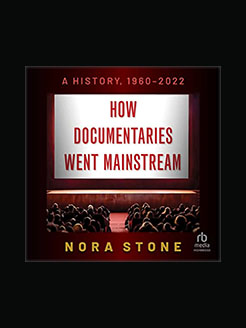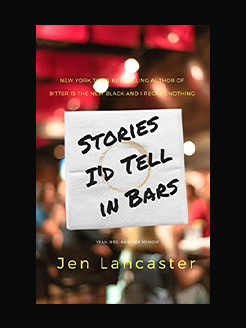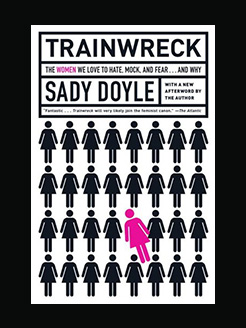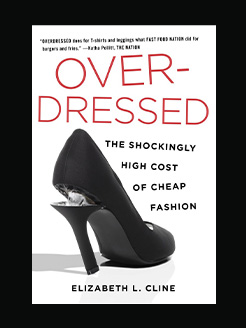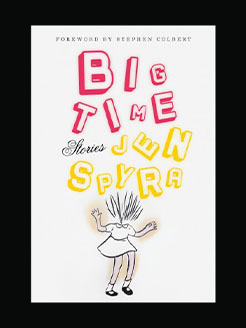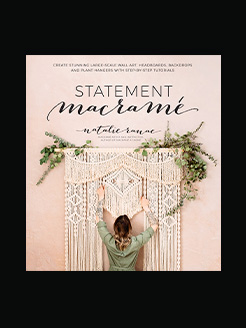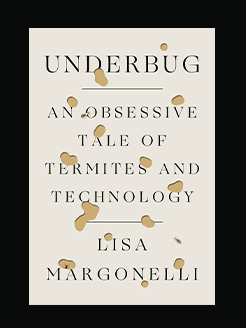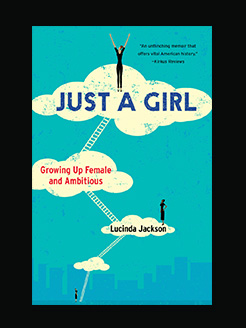Published in 2022
224 pages
Nell Zink was raised in rural Virginia, a setting she draws on in her second novel, Mislaid. She attended Stuart Hall School and the College of William and Mary. In 1993, while living in West Philadelphia, Zink founded a zine called Animal Review, which ran until 1997. Zink has worked as a secretary at Colgate-Palmolive and as a technical writer in Tel Aviv. She moved to Germany in May 2000, completing a PhD in Media Studies from the University of Tübingen. Zink has been married twice, to US citizen Benjamin Alexander Burck and to Israeli composer and poet Zohar Eitan.
After 15 years writing fiction exclusively for a single pen pal, the Israeli postmodernist Avner Shats, Zink caught the attention of Jonathan Franzen. The two writers began a correspondence. In early 2012, Zink sent Franzen her collected manuscripts. Franzen tried unsuccessfully to interest publishers in her 1998 novel. It was Franzen’s agent who ultimately negotiated a six-figure publishing deal for Zink’s Mislaid, a novel she has described as “agent bait”. ZInk’s debut, The Wallcreeper, was published by Dorothy, a publishing project in the US in 2014 and named one of 100 Notable Books of 2014 by The New York Times. Zink lives in Bad Belzig, Germany.
What is this book about?
A profound and singular story about a young woman searching for her place in the world, from one of America’s most original voices–the irresistible story of one teenager’s reckoning with society at large and her search for a personal utopia.
Bran’s Southern California upbringing is anything but traditional. After her mother joins a Buddhist colony, Bran is raised by her “common-law stepfather” on Bourdon Farms–a plant nursery that doubles as a cover for a biker gang. She spends her days tending plants, slogging through high school, and imagining what life could be if she had been born to a different family.
And then she meets Peter, a beautiful, troubled, and charming train wreck of a college student from the East Coast, who launches his teaching career by initiating her into the world of literature and aesthetics. As the two begin a volatile and ostensibly doomed long-distance relationship, Bran searches for meaning in her own surroundings–attending disastrous dance recitals, house-sitting for strangers, and writing scripts for student films. She knows how to survive, but her happiness depends on learning to call the shots.
Exceedingly rich, ecstatically dark, and delivered with masterful humor, Avalon is a poignant portrait of a young woman who, against all odds, is determined to find her place in the world and find clarity in its remote corners.
